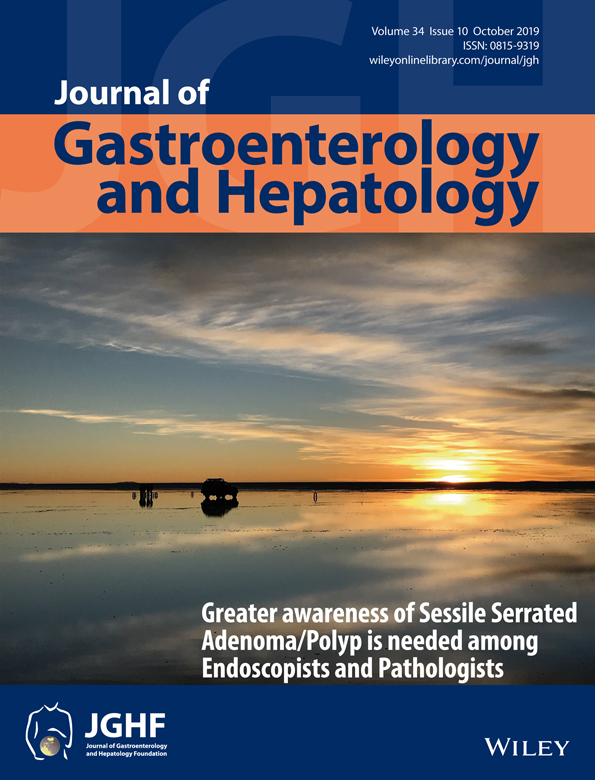The suppressive role of HYAL1 and HYAL2 in the metastasis of colorectal cancer
Abstract
Background
Hyaluronidases (HAases), enzymes that degrade hyaluronan, have been widely investigated in cancer biology. However, whether HAases serve as tumor promoters or suppressors has been controversial in different cancers, and the exact role of HAases in colorectal cancer (CRC) has not been elucidated.
Methods
The expression levels of HYAL1, HYAL2, and HYAL3 in cancer and corresponding normal tissues from CRC patients were examined via immunohistochemistry. Then the correlation between HAases levels and pathological characteristics of CRC patients was analyzed. To verify the clinical data, HYAL1 and HYAL2 were downregulated or overexpressed in colon cancer cells LOVO and HCT116 to observe their influences on cell invasion and migration. For the mechanism study, we investigated the effects of HYAL1 and HYAL2 on the expression of matrix metalloproteases (MMPs)/tissue inhibitor of metalloproteases (TIMPs) and distribution of F-actin.
Results
All the three HAases were abnormally elevated in cancer tissues. Interestingly, HYAL1 and HYAL2, but not HYAL3, were negatively correlated with lymphatic metastasis and TNM stage. When HYAL1 and HYAL2 were knocked down, the invasion and migration abilities of colon cancer cells were accelerated, whereas overexpression of HYAL1 and HYAL2 had the opposite effects. In addition, colon cancer cells with HYAL1 and HYAL2 downregulation showed increased levels of MMP2 and MMP9, decreased levels of TIMP1 and TIMP2, and more intense F-actin stress fibers.
Conclusions
Our study suggests that HYAL1 and HYAL2 suppress CRC metastasis through regulating MMPs/TIMPs balance and rearranging F-actin distribution, further inhibiting invasion and migration of cancer cells.




